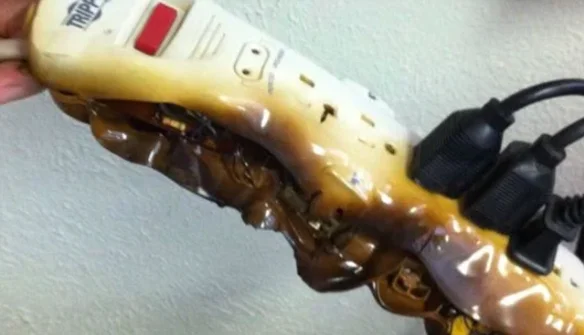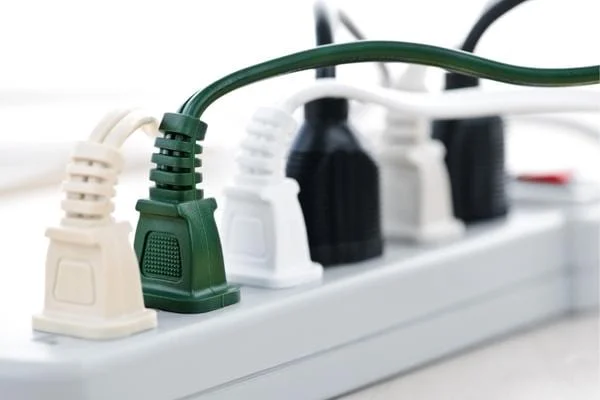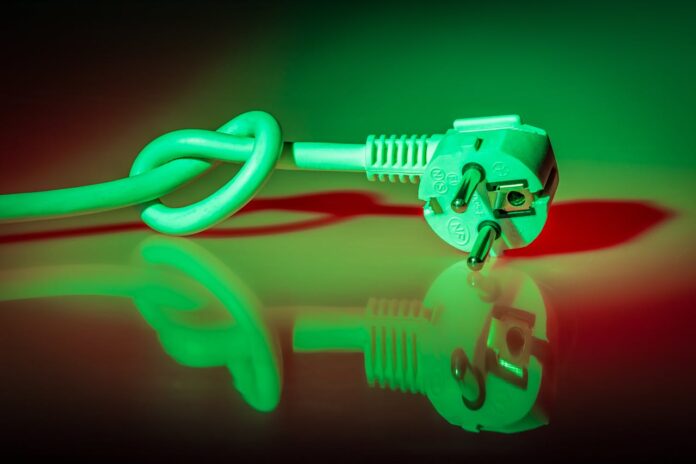Ever wondered how people survived without electricity? It’s hard to imagine, right? Today, we rely so much on electric gadgets and appliances that the idea of going a day without power feels almost impossible. Yet, as we plug in our devices, there’s something important we often overlook: power strips.
Power strips are great for connecting multiple devices, but they’re not always as safe as we think. Some appliances draw so much power that they can actually cause overheating or, worse, start a fire when plugged into a power strip.

Sure, power strips are perfect for charging your phone or powering up your entertainment setup, but there are a few appliances that shouldn’t be anywhere near one. Let’s break it down:
Oven: Even though we don’t use ovens every day, they’re power-hungry beasts that need their own outlet. Never plug them into a power strip!
Refrigerator: Refrigerators cycle on and off constantly, and with all that power they use, they should be plugged directly into a wall. Power strips can’t handle that load.
Washing Machine: This one’s a no-brainer. Washing machines need a lot of energy, especially when they’re running. Don’t risk overloading your power strip!
Heating Devices: Portable heaters might seem harmless, but they suck up a lot of power. Keep them away from power strips to avoid overheating.
Microwave: Microwaves are energy guzzlers. Always plug them into a wall, not a power strip.

Coffee Maker: It might surprise you, but your coffee maker needs direct power too. Avoid any fire hazards and plug it straight into the wall.
Toaster: Toasters use a lot of energy, especially when they’re toasting away. Don’t let them share a power strip!

Additional Power Strips: Don’t daisy-chain power strips! This is not only dangerous but also against safety codes. It could easily overload your electrical system.
Electronics (Computer, TV, Router): These devices are more sensitive than you think. If you need to use a power strip, make sure it has surge protection.
Before you plug anything into a power strip, check its power requirements. If it’s a high-wattage appliance, give it its own dedicated outlet. By being aware of these safety tips, you’ll avoid potential dangers and keep your home safe.

Now, share this with your friends and family to help everyone stay safe! What other home safety tips do you swear by?




